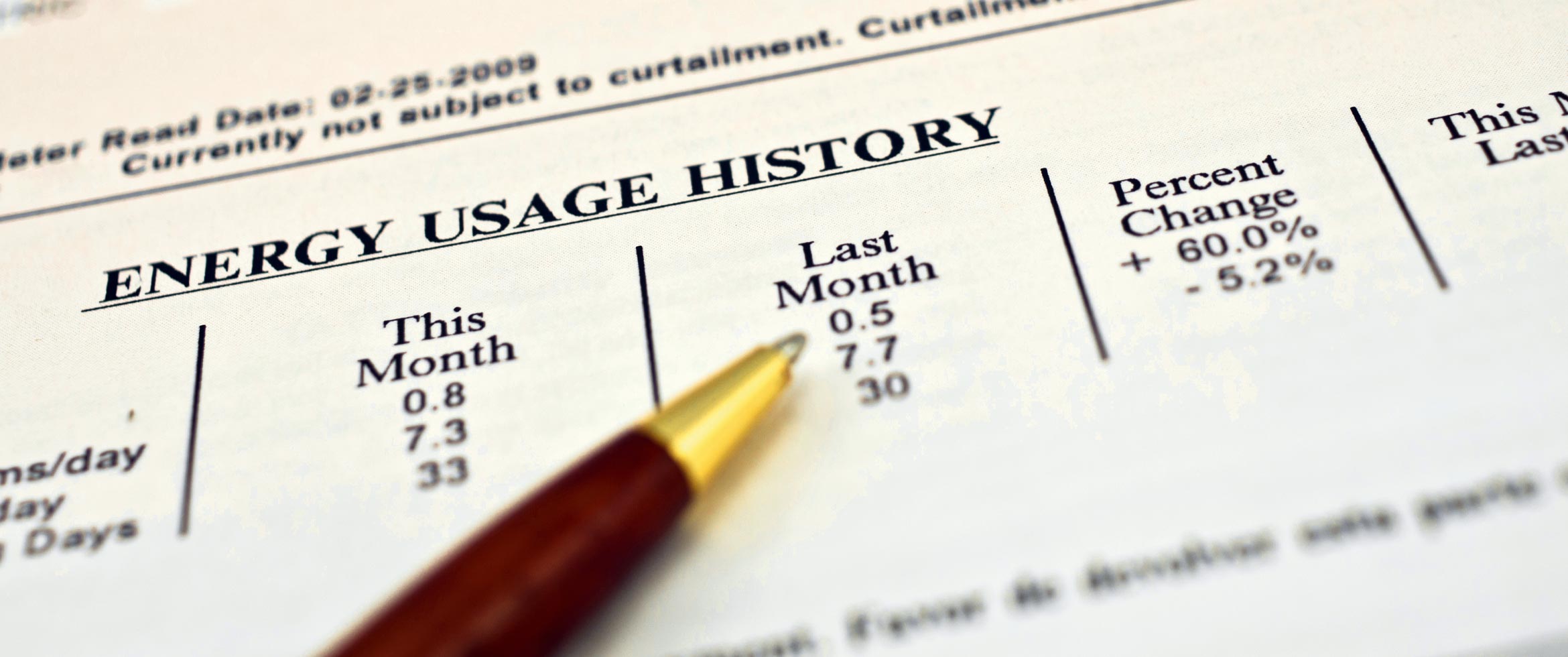A Behavioral Analysis of Peaking in Residential Electrical-Energy Consumers
Kohlenberg, R., Phillips, T., & Proctor, W. (1976). A behavioral analysis of peaking in residential electrical-energy consumers. Journal of Applied Behavior Analysis, 9(1), 13-18.
Effecting Durable Change: A Team Approach to Improve Environmental Behavior in the Household
Staats, H., Harland, P., & Wilke, H. (2004). Effecting Durable Change: A Team Approach to Improve Environmental Behavior in the Household. Environment and Behavior, 36(3), 341-367.
A Review of Intervention Studies Aimed at Household Energy Conservation
Abrahamse, W., Steg, L., Vlek, C., & Rothengatter, T. (2005). A review of intervention studies aimed at household energy conservation. Journal of Environmental Psychology, 25(3), 273-291.
The Impact of Public Feedback on Three Recycling-Related Behaviors in South Korea
Kim, S., Oah, S., & Dickinson, A. (2005). The Impact of Public Feedback on Three Recycling-Related Behaviors in South Korea. Environment & Behavior, 37(2), 258
A Longitudinal Study of Informational Interventions to Save Energy in an Office Building
Staats, H., van-Leeuwen, E., & Wit, A. (2000). A longitudinal study of informational interventions to save energy in an office building. Journal of Applied Behavior Analysis, 33, 1, 101-104.
Resolving Social Dilemmas: Dynamic Structural And Intergroup Aspects
Foddy, M, & Smithson, M. (1999). Choice of transportation mode: Factors influencing drivers' willingness to reduce personal car use and support car regulations . In Garvill, J. (Ed.). Resolving social dilemmas: Dynamic, structural, and intergroup aspects. (pp. 263-279).
The Effect of Tailored Information, Goal Setting, and Tailored Feedback on Household Energy Use, Energy-Related Behaviors, and Behavioral Antecedents
Abrahamse, W., Steg, L., Vlek, C., & Rothengatter, T. (2007). The effect of tailored information, goal setting, and tailored feedback on household energy use, energy-related behaviors, and behavioral antecedents. Journal of Environmental Psychology, 27(4), 265-276.
Social Norms Approaches Using Descriptive Drinking Norms Education: A Review of the Research on Personalized Normative Feedback
Lewis, M., & Neighbors, C. (2006). Social norms approaches using descriptive drinking norms education: A review of the research on personalized normative feedback. Journal of American College Health, 54(4), 213-218. doi:10.3200/JACH.54.4.213-218.
Crafting Normative Messages to Protect the Environment
Cialdini, R. (2003). Crafting normative messages to protect the environment. Current Directions in Psychological Science, 12(4), 105-109. doi:10.1111/1467-8721.01242.
Changing Behavior with Normative Feedback Interventions: A Field Experiment on Curbside Recycling
Schultz, P. W. (1999). Changing behavior with normative feedback interventions: A field experiment on curbside recycling. Basic and Applied Social Psychology, 21, 1, 25-36.



